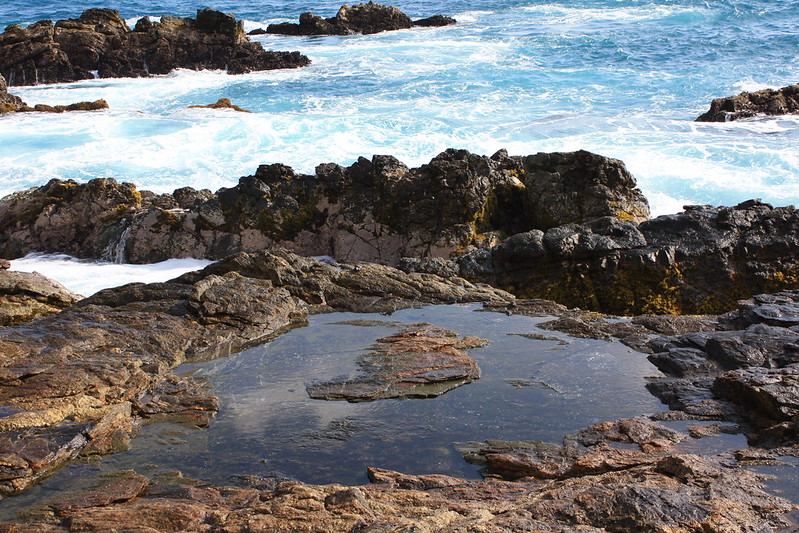
dial back
To lessen something, especially in intensity
“To dial back the impacts of climate change, our grantees in Pinotepa, Mexico started a community radio program!”
Water and climate change are inextricably linked. Humans need water to survive, yet rising global temperatures and a changing climate threaten access to clean water, increase the likelihood of floods and drought, and change rain patterns worldwide. Yet solutions exist on the frontlines, which is why we fund local communities to protect both people and planet.
Meet the Comité de la Radio Comunitaria Ñuu Kaan (Committee on Community Radio Ñuu Kaan), a local community radio station in Pinotepa, Oaxaca that aims to improve dialogue between local communities to address socio-environmental problems in the area, including access to water, drought, and a changing climate. The station encourages Indigenous peoples, Afro-Mexicans, women, and farmers to exercise their rights through the production of a participatory radio series.
When asked why radio, Cristóbal Jasso, a representative of the group responded, “This service makes sense for the need for information in our region and community. Even until a couple of years ago, we were practically the only regional coverage radio on the dial. In addition to this, there is virtually no print media.”
In order to find community and regional solutions to socio-environmental problems, the radio station provides a space for reflection on the different water-related problems in the Río de la Arena Sub-Basin and Corralero Lagoon.
Problems associated with water differ throughout the micro-basin. At higher altitudes, the locals have experienced extended drought, along with flooding from tropical storms.
In the city of Pinotepa, there is ongoing population growth, putting more pressure on natural resources. Water is pumped from the Río de la Arena for citizens to use, and the water is then returned to the river as waste, which is used by the communities of the lower part of the river. Although a wastewater treatment plant was built in 2009, it has never worked.
In the lower part of the basin, the mouth of the Corralero Lagoon is closing. Due to the lack of rain, streams that fed water to the lagoon have decreased their flow. The sea is the main form of oxygenation for the lagoon. Therefore, when the mouth closes, the lagoon is negatively impacted, causing problems for the people who depend on it.
The radio station provides an open space for community authorities, public officials, related organizations and citizens to determine an action plan to deal with these issues. In the lagoon, the communities have organized to manually open the mouth and have requested that the government intervene. In addition, since 2010, internal fishing regulations have been established to ensure the reproduction of aquatic species the locals depend on.
The radio station has also focused on the production of a documentary feature film, called “Ndatu savi” (The Fate of Water), as a starting point to dialogue around to the problems of the basin. The film is currently being edited, and will be shown throughout the region starting in April 2020. The aim is that at the end of this tour, an agenda for the care of the basin will be determined with community authorities, and key people and allies.
At Global Greengrants Fund, we are proud to fund groups such as this one alongside FASOL, our Mexican sister organization. Water is life, and this community is demonstrating how something as simple as the radio dial can spark a conversation and improve access to water for all.
Photo: David Cabrera / CC BY-ND 2.0
